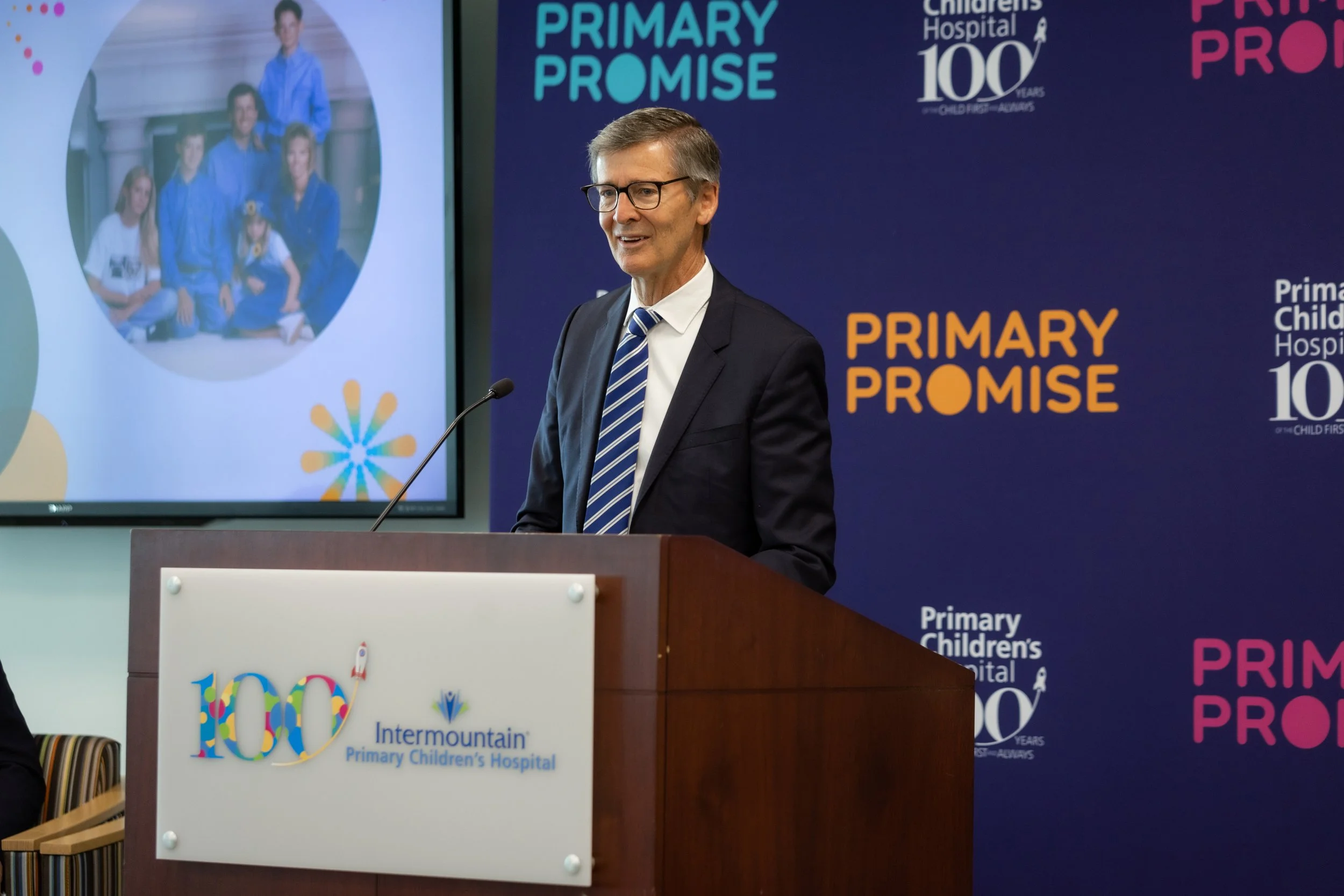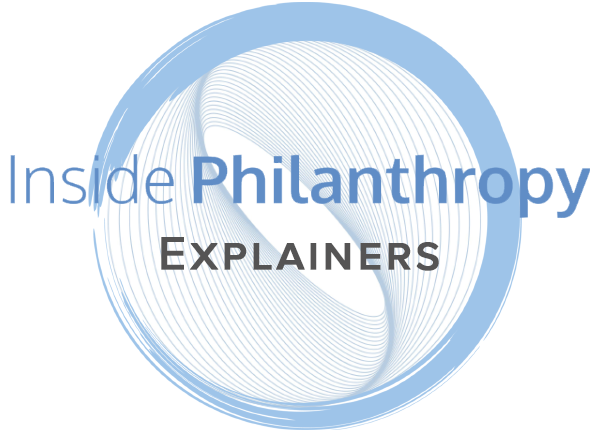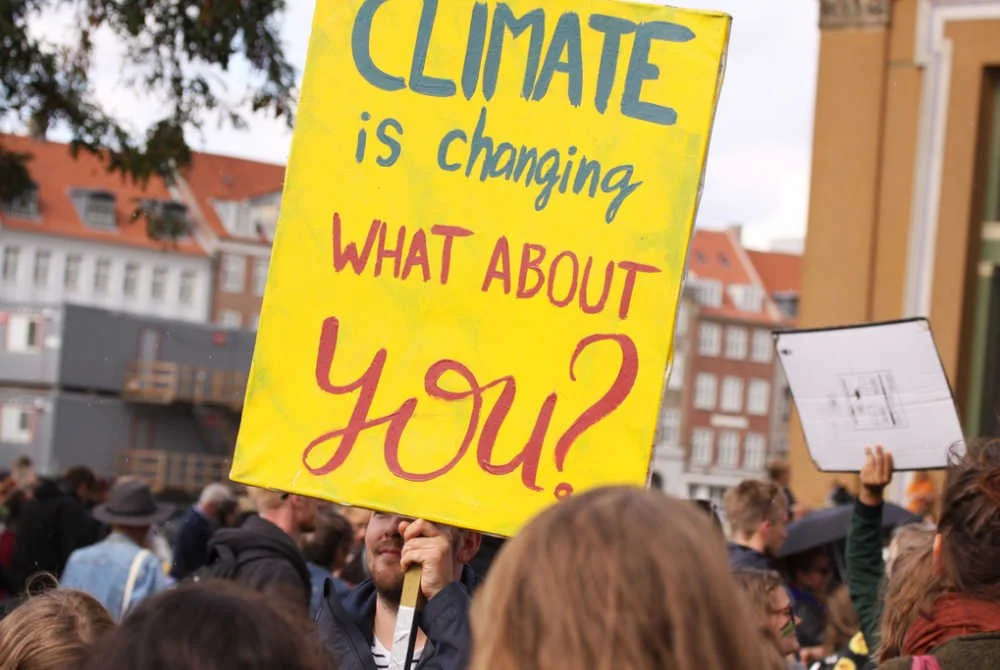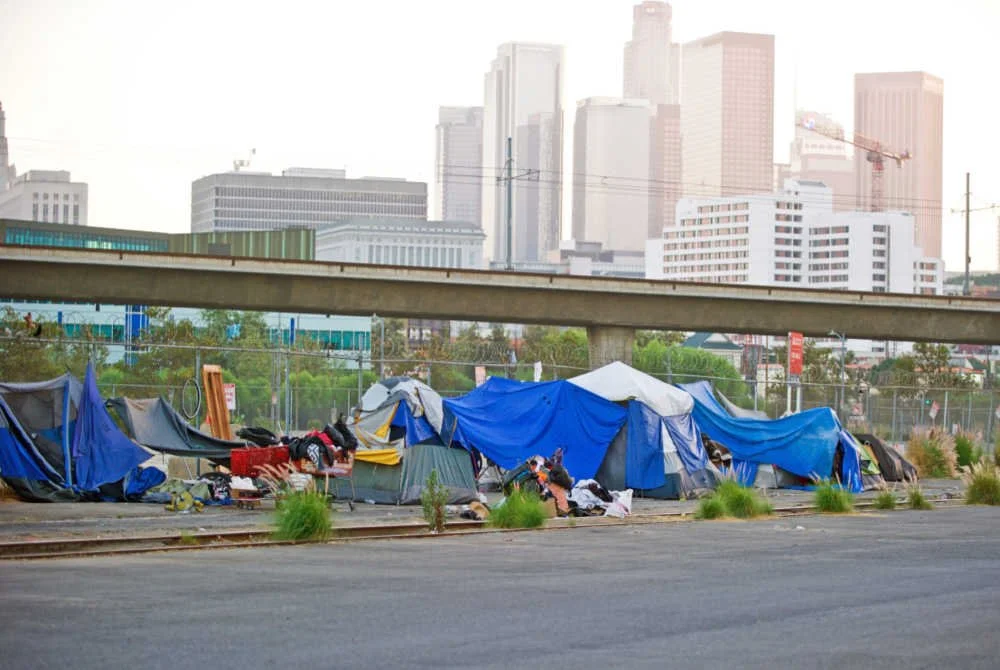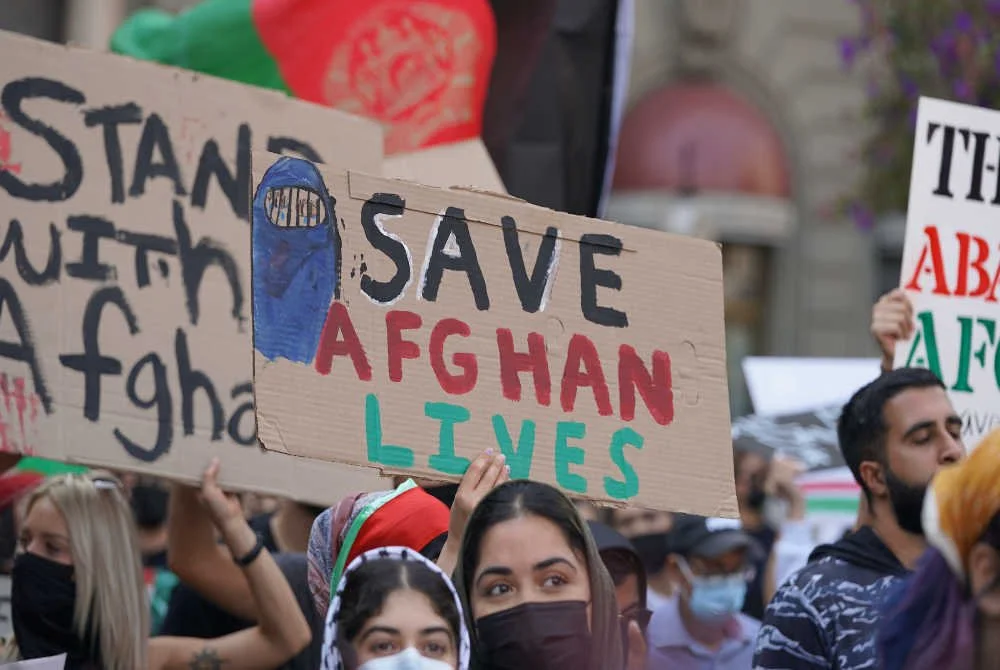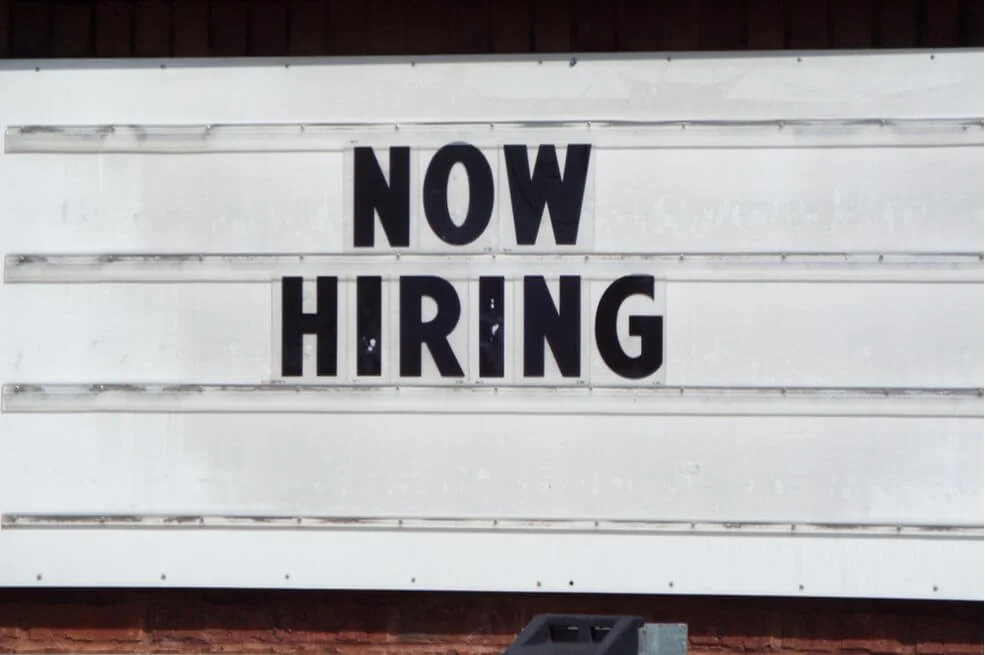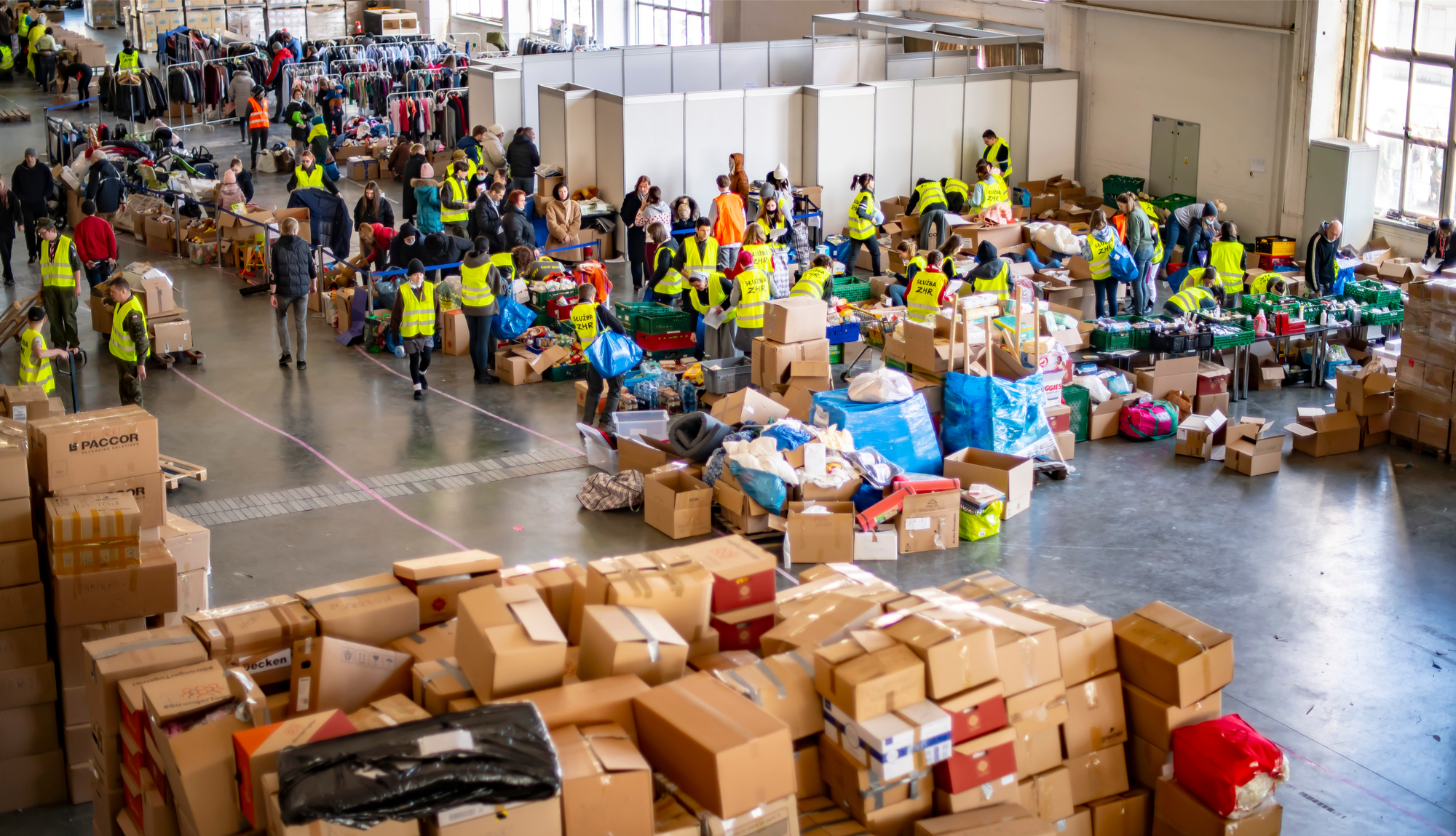What the Critics Got Wrong About the Notre-Dame Cathedral Fundraising Response
/Loic Salan/shutterstock
Last week, in the wake of a fire that devastated Paris' famed Notre-Dame Cathedral, the emotional connection to this building became global news. Donations of €100M Euros ($113M USD) and €200M were pledged. The Artemis investment company, owned by Francois-Henri Pinault and his father, Francois Pinault pledged €100M. The Pinaults own Gucci, Saint Laurent and Cartier.
The Arnault family who owns the French luxury brand LVMH, known for the brands Louis Vuitton, Moet Hennessy, and Christian Dior pledged €200M. Bernard Arnault, the main shareholder of LVMH is worth $90.4B.
The next €200M rolled in from the Bettencourt Family, better known as the people behind L'Oreal cosmetics.
Within hours of these pledges, the next spark lit was online, in the form of a backlash. Articles, blogs, tweets, and posts have appeared in news and social media questioning the morality of $1 billion to rebuild a building. Among them, a meme calling on billionaires to "rebuild this cathedral", the words covering portions of the Earth in peril. Others asked “how can we mourn manmade structures that are replaceable but continue to destroy species of animals and plants that are totally irreplaceable?” and “what about the homeless people suffering 1/2 mile around the Cathedral? Where is the onslaught of support for them? Isn't that what a church should do?”
Fundraisers and philanthropic institutions also weighed in. Posts read: “I wish I could raise $1B in 48 hours to help keep kids in poor communities in school. We could then all go home.” and “If only the billionaires would feel as responsible to the world's poor and the organizations serving them as they to do a building, the world would be a better place.”
As a global social change fundraiser for 27 years, I hear these critics and feel their pain. I get it. You see this money roll in and you think, “Wouldn't it be nice?” Or, ”Imagine what we could do with $1B: the people we could help, the suffering that could be eliminated, the species we could protect, the refugees who could be relocated.” I understand these responses. I've felt them, too.
The problem with them is this: they do not help fundraisers unlock donor giving. You'll likely witness many people agree with you but will you be effective in raising funds on behalf of those you serve?
As I read each post and article deriding the gifts of these French billionaires, I kept thinking of the missed opportunity. By judging and disregarding these billionaires for giving to the Cathedral, we close the door to the potential for these donors to join the movement for global social change.
I see this: among these donors, the Cathedral fire lit their philanthropic spark. The fire at Notre-Dame could be the beginning of their giving. This is true for all of us. Most of us started in social change in proximity: something down the street from us or in our backyard. If you look back you'll likely see your first act of giving was an emotional response. What you saw or heard broke your heart or made you angry. You gave. You made a difference in the way knew how. You kept going.
Imagine if after giving to help a family in need, articles were written about you asking why you aren't helping families around the world? Would you move towards the people who wrote those words about you? Would you want to open a conversation after they judged your gift? Or, would you have a sense that you weren't welcome because you had, in others' estimation, misstepped?
What would it look like if the third sector led differently? In this current climate of divisiveness, it's easy to point out what someone—a celebrity, a billionaire, a distant relative on Facebook—is getting wrong. What if instead of first asking to be understood, we sought to understand. What if we brought forward something that is lacking and yet essential to creating transformation: leadership.
We may think we know the motivation of the French billionaires who donated. Perhaps we do. And perhaps we don't. This is the opportunity for leaders in social change to reach out and thank these donors for preserving a part of our world's culture and to honor their gifts, not to shame them. This is an opportunity to invite a conversation about their values, their hopes and their fears. I invite each of us to look beyond the headlines and to see the human beings behind the donations. I've researched these donors' companies for a few days. It takes some skills to build and sustain the brands they steward. How could these skills be leveraged to play a role in addressing the most difficult social issues of our time? What role could these donors assume that would make a difference in the lives of others and unleash deeper meaning in theirs?
Fundraising is stressful. Partially from the lack of government engagement in caring for the world's people and the pressure on fundraisers to build authentic, trusted relationships with donors who play a role in human wellness that many did not predict. Focus less on pitching, chasing money, and wondering why donors aren't giving to you. Focus more on listening to donors, seeking values alignment and wondering what your organization can do to draw and attract donors to your important work.
That is leadership in action. Leadership doesn't expect or demand. Leadership paves the way for others to find their best, right role. Ask yourself: if I were to sit across one of these French families, what would I want to learn from them? What would I ask? What could I learn if I were to radically listen? How could I build a bridge between these donors and the organizations addressing the challenges of our times?
"Seek first to understand before you ask to be understood.” In this current climate, that idea may not be popular but it may be just what is needed to unlock and unleash the giving potential of all people, everywhere. Let's not close the door on a conversation that hasn't yet begun.
Kathy LeMay is CEO at Raising Change, an online Fundraising Masterclass producing world class fundraisers. Kathy has raised $175 million from individual philanthropists for global social change.


















